|
We had another post planned for today; then over the weekend one of the beloved dogs in our lives died. And for that Lisa (Cadow), her husband, and her family of grown children, things just sort of stopped. For those of you who have experienced the death of a pet you may understand how different your life is when they are gone. For those who have not, you may not understand the grief someone can feel over an animal. For both of those categories, there is Love That Dog, a book that has become our go-to gift to give to people grieving pets (and for other reasons such as is a very good book). Because it is an older title (first published in 2001), it occurred to us that maybe some of our readers missed it, or forgot about it. So today, we review Love That Dog in honor and memory of Pompy (and his amazing humans). Love That Dog by Sharon Creech (2001). First, do not let the fact this is a book written for children fool you; this book is for everyone. The plot begins with the "fact" that Jack hates poetry, and another "fact" that his teacher Mrs. Stretchberry keeps insisting he and his fellow classmates write poetry in many, many assignments. Despite his best efforts to avoid these assignments, there does not seem to be a way out of this "poetry thing" for Jack. Eventually, he gives in, starts writing, and discovers things such as:
"I guess it does look like a poem when you see it typed up like that." He also discovers he has some important things to share and say. He then learns, to his dismay and then his delight, that poetry just might be the perfect way for him to process some things he's been denying. Love That Dog is written in poetry form, meaning fewer words per page than in a typical chapter book. This makes it both more accessible for some reluctant readers, and inspirational for budding poets. Readers also get a poetry lesson or two because Ms. Creech allows us to see Jack's class assignments calling for responses to eight well known poems from various poets (e.g., William Carlos Williams, Robert Frost, Walter Dean Myers). The full poems are included in an appendix. We promise that is not as boring as it sounds. We want to emphasize this is just a very good story - no matter its form, topic, or intentions. We think you will fall in love with Jack, Mrs. Stretchberry for insisting children can be poets, any pets in your life, and Newberry Medal Award winning author Sharon Creech. As The New York Times said in their review of this book 20-something years ago, “Sharon Creech has achieved more than one impressive feat here.” We think this book is a great reminder at any time, and perhaps especially in times of grief, that pain and joy often exist side by side. ~ Lisa Christie Recently, our indispensable and beloved Norwich Bookstore changed hands. We are so grateful for the hard work and vision that Liza Bernard and Penny McConnel brought to building such a vital part of our community; and, we are excited to welcome Emma Nichols (also a podcaster) and Sam Kaas with their fresh energy and creativity to Vermont. We look forward to seeing what the store becomes under their stewardship. For now, we have asked them to introduce themselves to Book Jam readers with a few recommendations of what to read right now. We hope you enjoy their picks and are able to visit them in person soon. ~ Lisa and Lisa We are the new owners of the Norwich Bookstore, and so, naturally, we wanted to introduce ourselves by recommending a couple of books. It is, of course, impossible to introduce a reader in only two books, but we’ve made the attempt, choosing titles that we think paint a somewhat accurate picture of our own personal reading tastes. We hope you enjoy these picks! ~ Emma and Sam 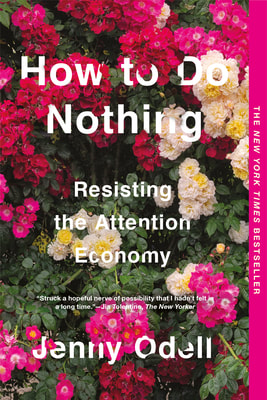 How to Do Nothing: Resisting the Attention Economy by Jenny Odell (2019). How to Do Nothing is not exactly instructional, as the title suggests, but I guarantee it will teach you something. It is a takedown of our society’s prioritization of productivity, efficiency, and capital. It is a love letter to bird-watching, long walks, and careful attention. It is a plea for maintenance and sustainability. Ms. Odell reframed the way I saw the world and my place in it, which is why I return to these pages again and again. ~ Emma Nichols 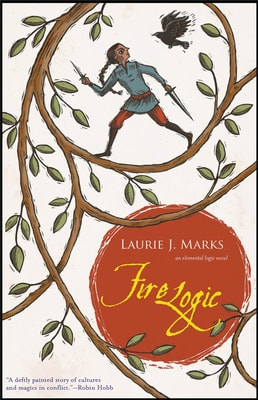 Fire Logic by Laurie J. Marks (2002). Fire Logic is the first in a fantasy quartet, and it is my favorite book—not in the series, but of all the books I’ve read. There is too much to the plot to summarize it in a satisfying way, so I won’t attempt to. But I will say it hurdles relentlessly forward, enthralling and entertaining, with villains that are drawn with as much detail as the heroes, until they become indistinguishable. It is one of those books that is both dark—concerning war, revenge, a land under siege, a society demolished—and full of hope—showing a community reimagined and rebuilt. It insists its characters question their beliefs, their driving forces, and do what’s right no matter how difficult. With themes of forgiveness, friendship, community and generosity, I believe this series is trying to teach its readers how to be. ~ Emma Nichols 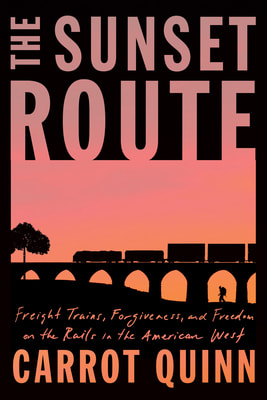 The Sunset Route: Freight Trains, Freedom, and Forgiveness on the Rails in the American West by Carrot Quinn (2021). This astounding memoir was, appropriately enough, one of the books that I carried across the country with me as we traveled from Seattle to Vermont. A meditation on the sometimes-contradictory urges we all feel for freedom and for connection, The Sunset Route lingered with me for months. Carrot Quinn grew up in a harrowing environment of neglect, with a mother whose mental illness was severe and sometimes violent, before leaving home in her teens. She spent the next several years traveling the country - hiking, exploring, and riding freight trains with a tight-knit community of travellers, all of whom were seeking their own solace. Ms. Quinn’s vivid descriptions of her travels across a seldom-seen landscape will make you want to hop a freight yourself (don’t, though; it’s very dangerous), and her explorations of what it takes to find a family, wherever you may be, might just leave you feeling hopeful. The Sunset Route will appeal to readers of Jon Krakauer and Sebastian Junger just as easily as it will to fans of Tara Westover and Cheryl Strayed. ~ Sam Kaas 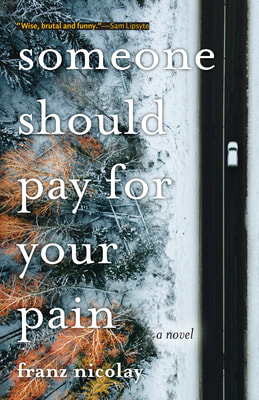 Someone Should Pay For Your Pain by Franz Nicolay (2021). I first came to Franz Nicolay as a fan of his music. Mr. Nicolay, who plays keys in The Hold Steady, and was previously part of dozens of bands (notably World Inferno/Friendship Society) that could probably best be described as cabaret punk, is a beguiling songwriter in his own right. This doesn’t always translate well into prose - in fact, it rarely does - but Someone Should Pay For Your Pain, Mr. Nicolay’s debut novel, is remarkable - tender, authentic, and sincere without being didactic. Rudy Pauver has seen better days - he had a promising album fifteen years ago, but since then, he’s been stuck: alone on the road, playing to increasingly indifferent crowds, and deeply hidden in the shadow of his former protege. Most of his personal relationships can best be described as “conflicted.” His current tour is already on its way from bad to worse - a gas station robbery, a cancelled show - when his niece shows up with troubles of her own, forcing Rudy to confront both his past and his future. Mr. Nicolay is one of the rare writers who accurately captures the way working musicians speak and interact, and his intricate dissections of a creative life - of the sometimes surprising conflicts between ethics and morality, love and responsibility, success and fulfillment - make this slim novel a standout. ~ Sam Kaas |
Archives
March 2023
Search |
Book Reviews |
Meet the Author |
EVENTS |
ABOUT US |
SEARCH |
© COPYRIGHT 2019. ALL RIGHTS RESERVED.
|
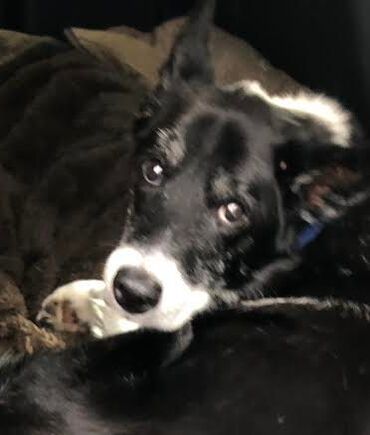
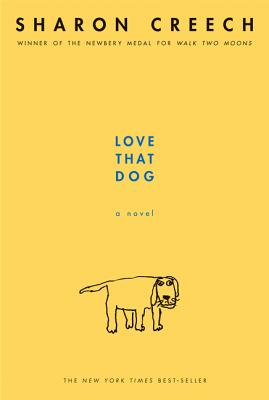


 RSS Feed
RSS Feed